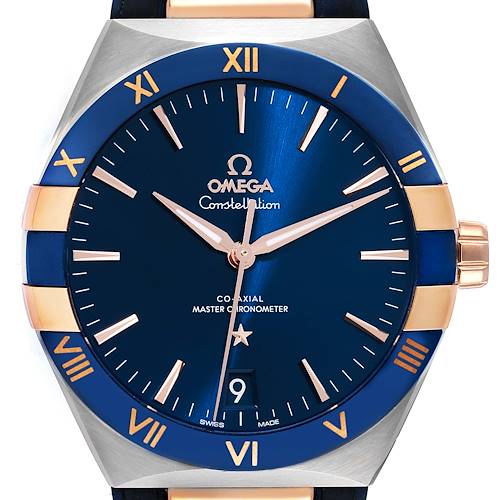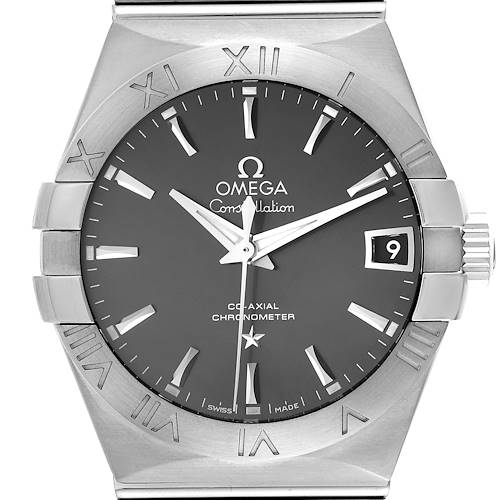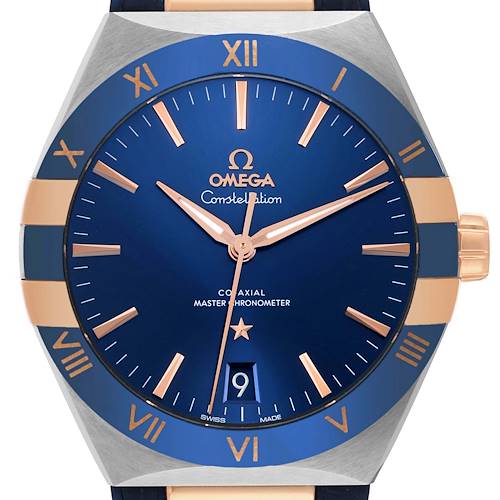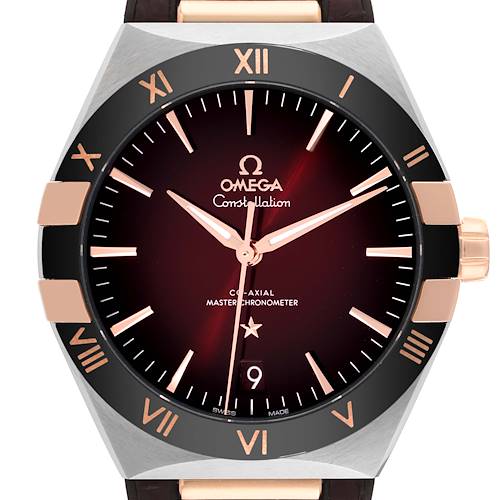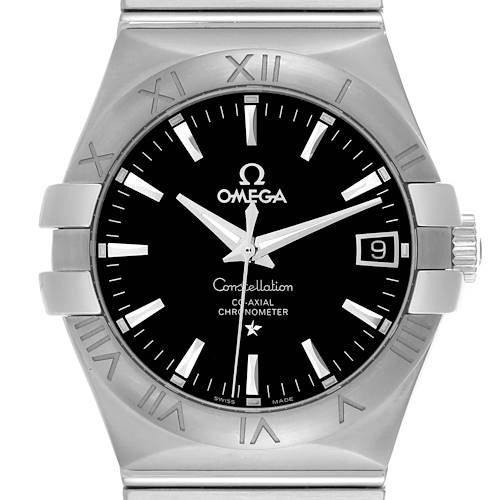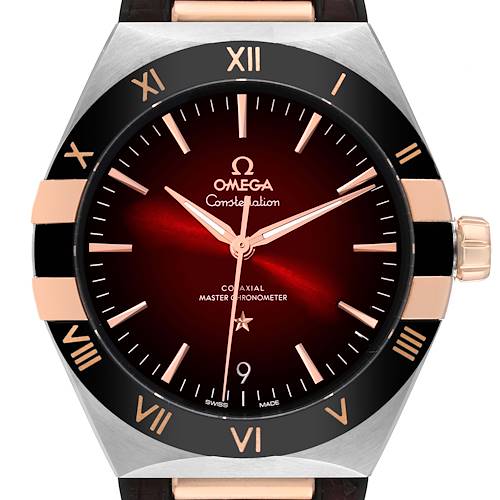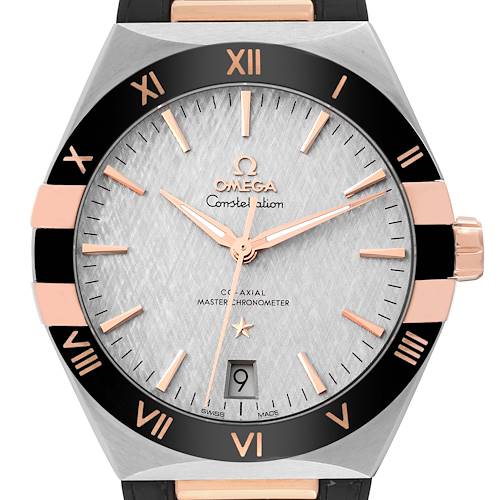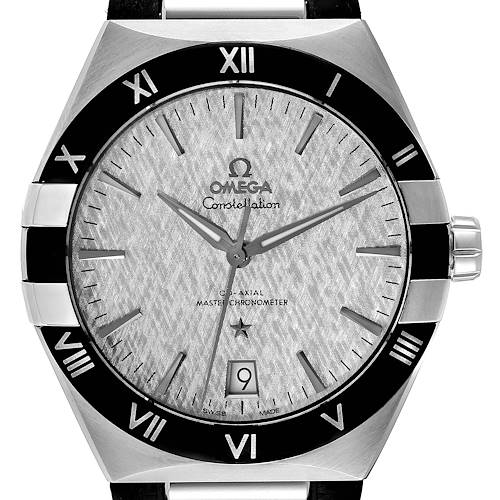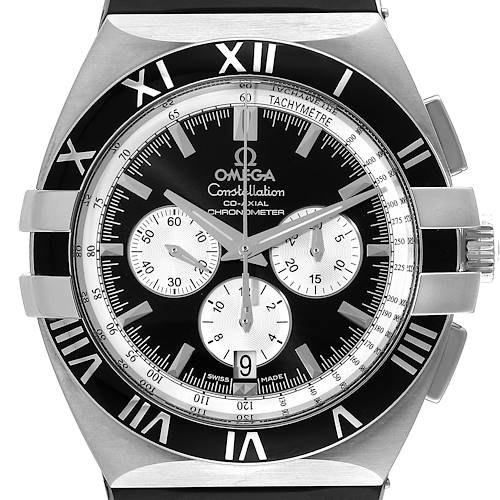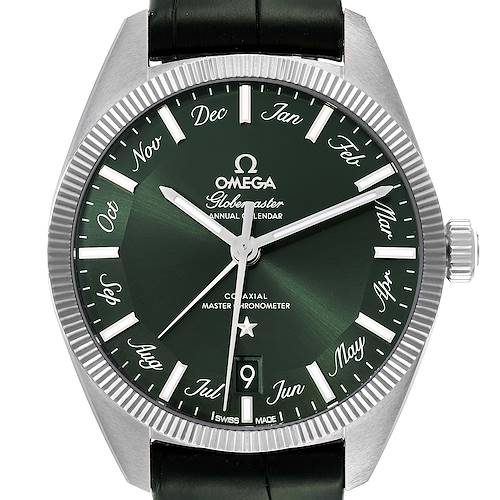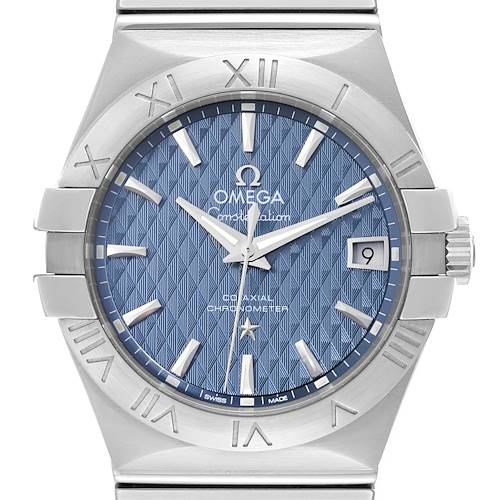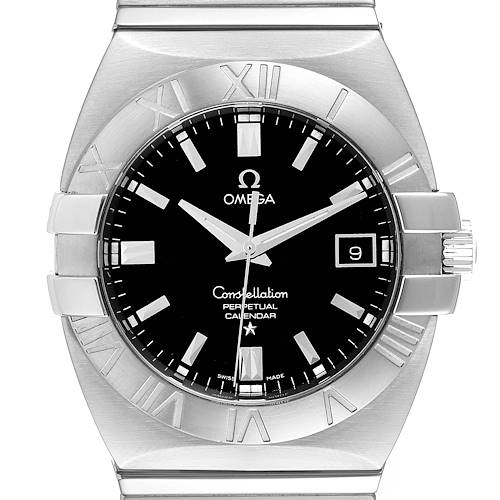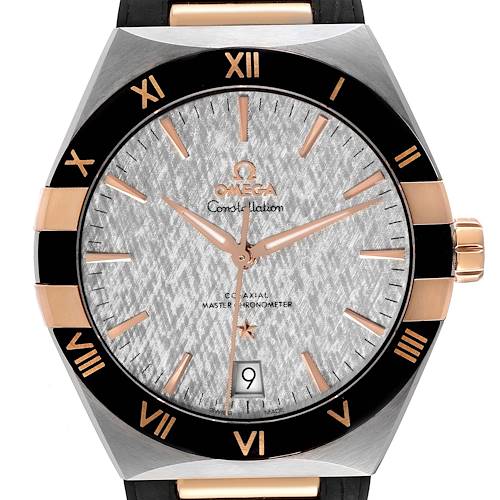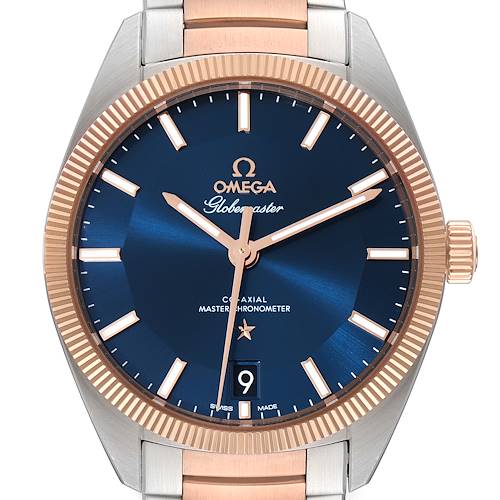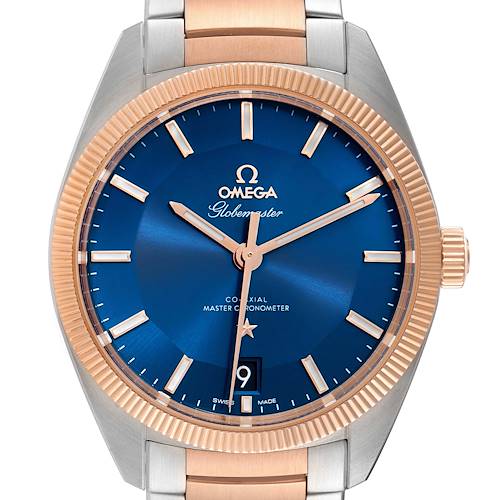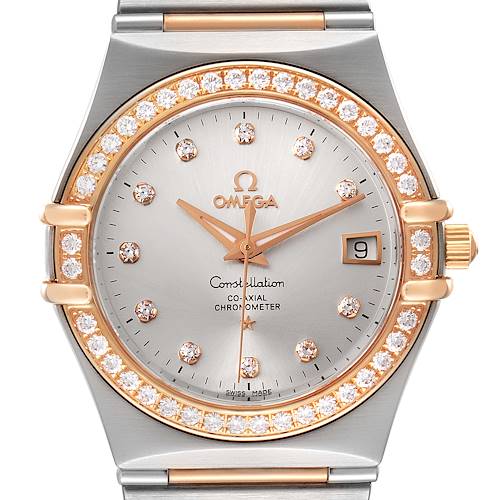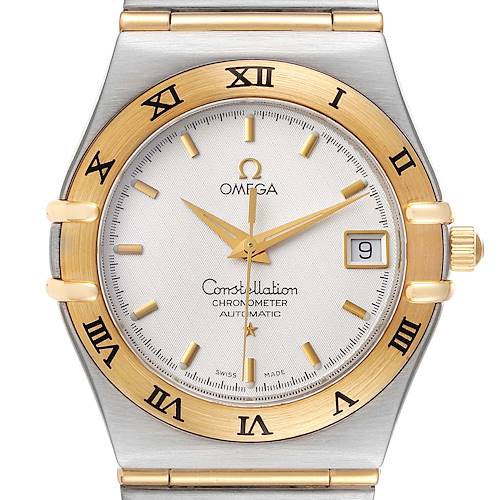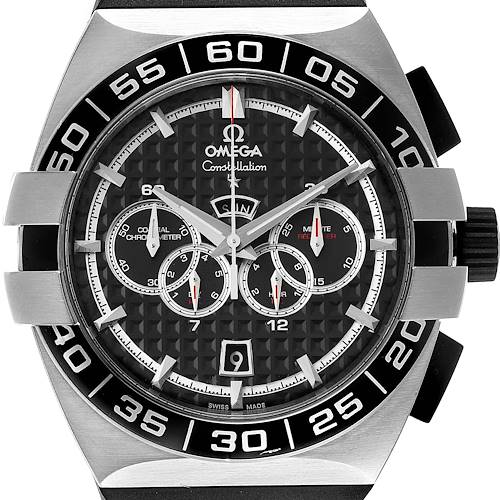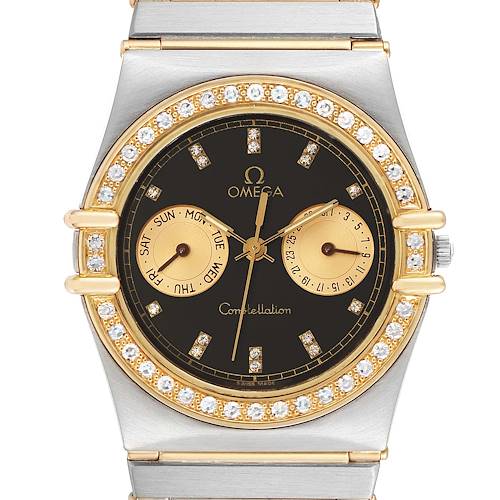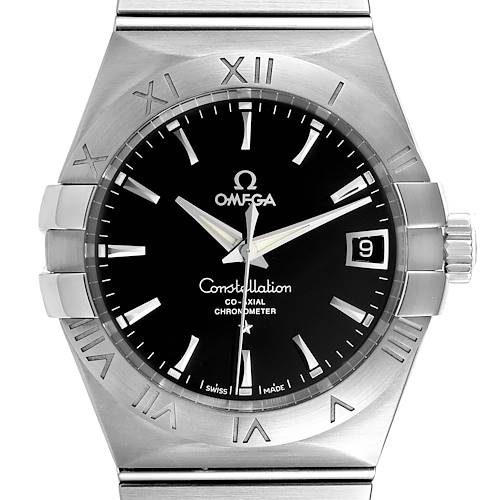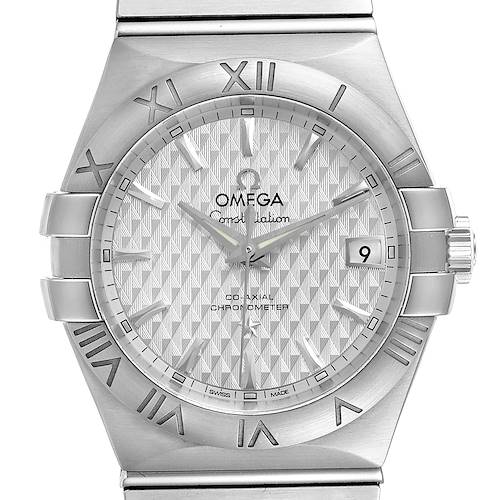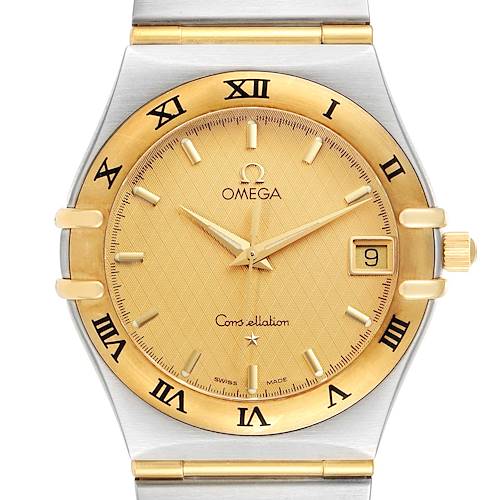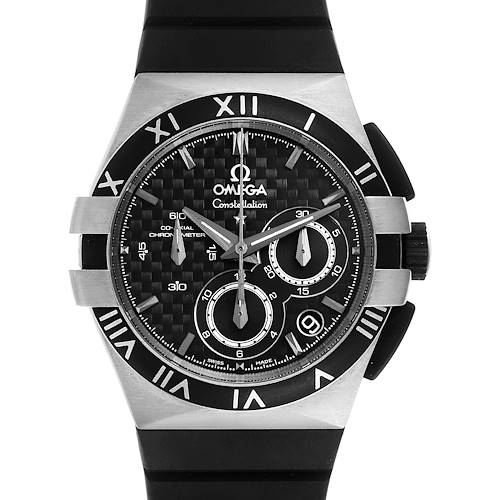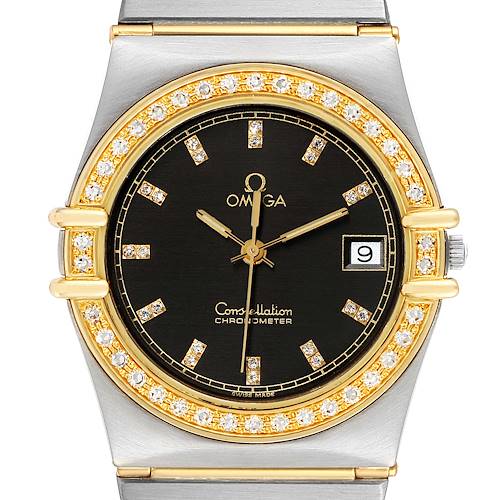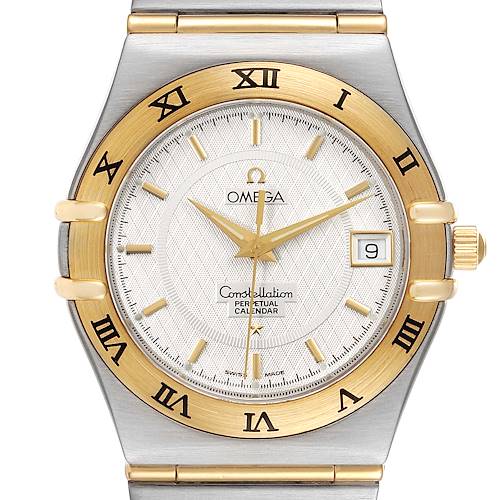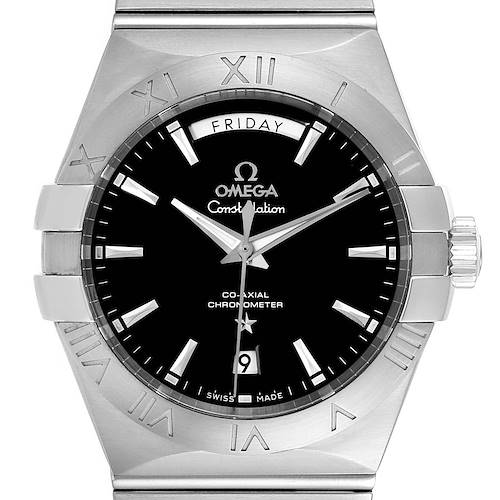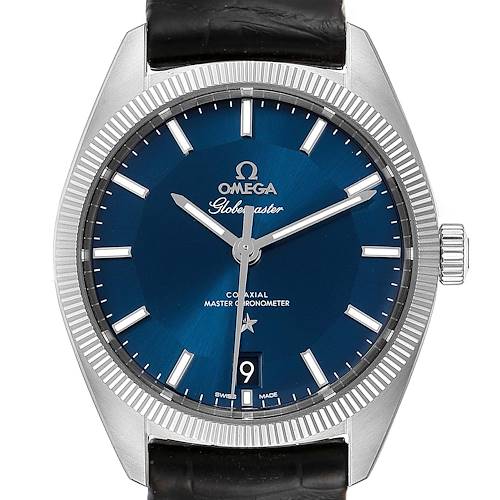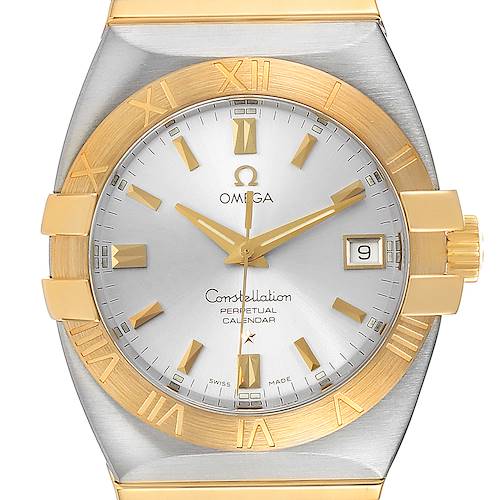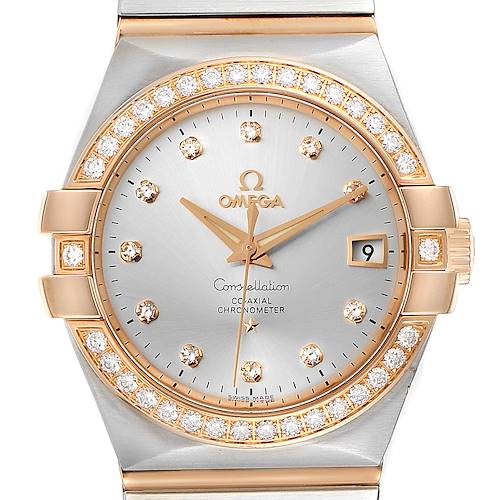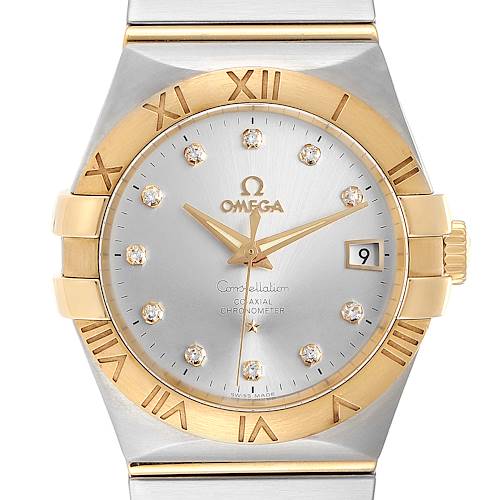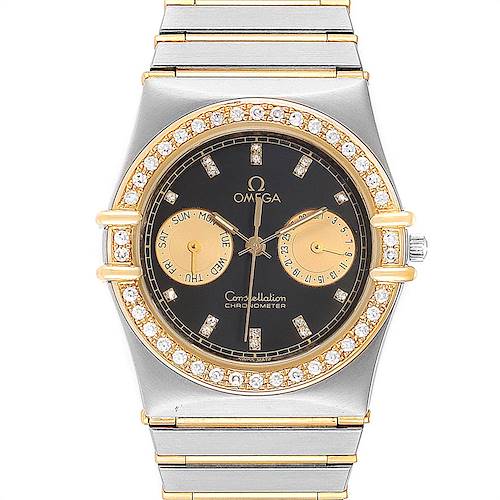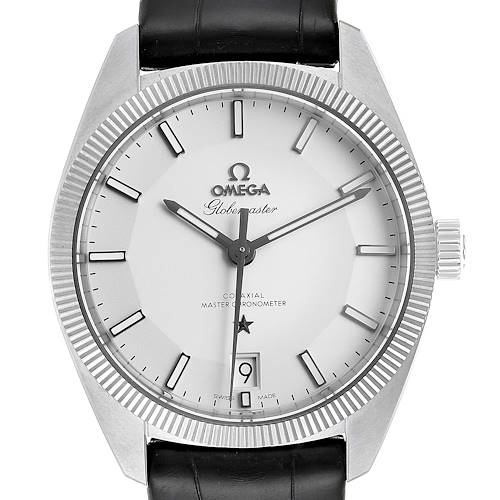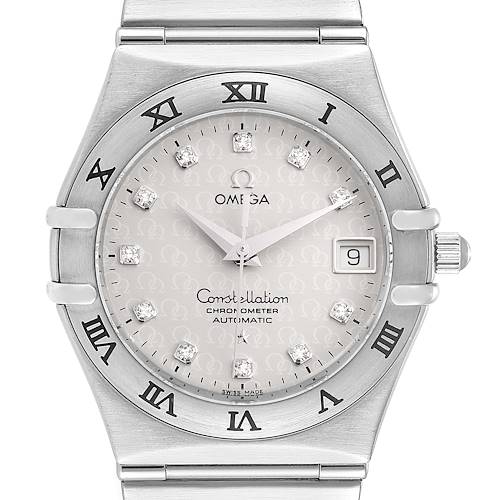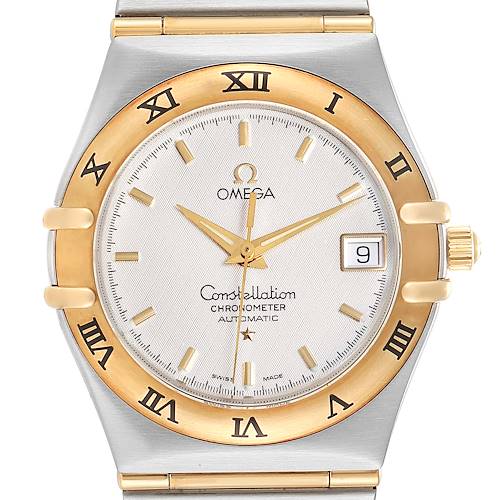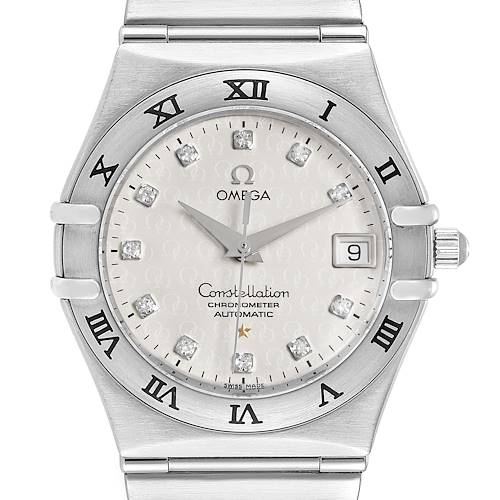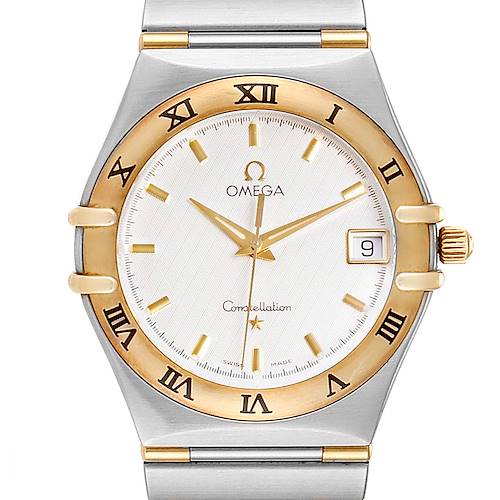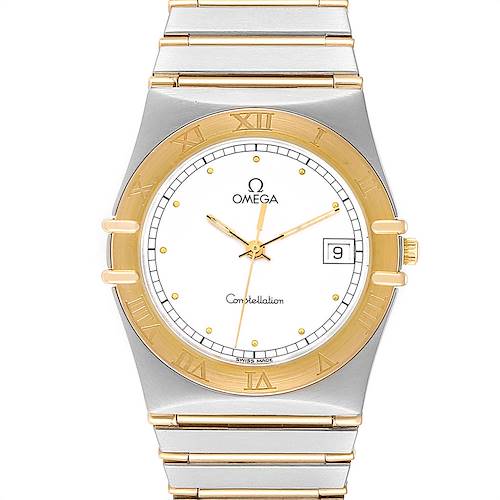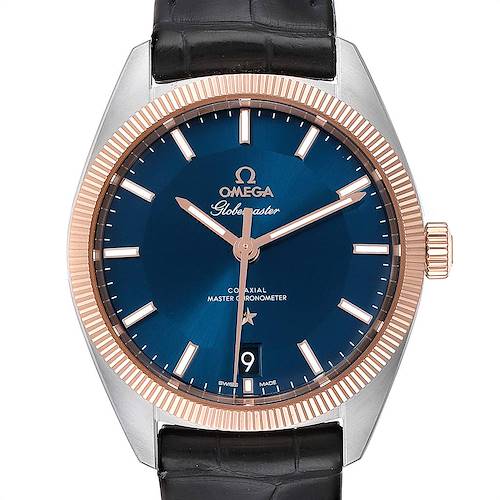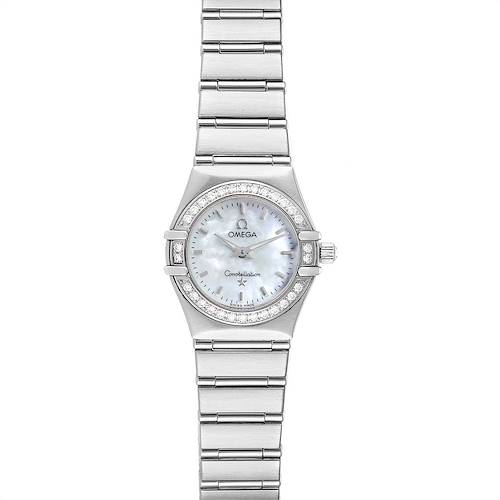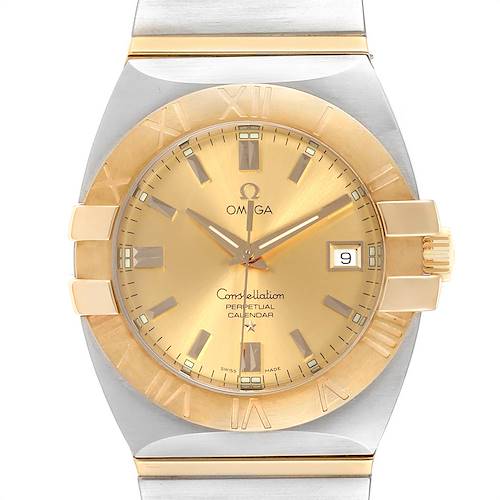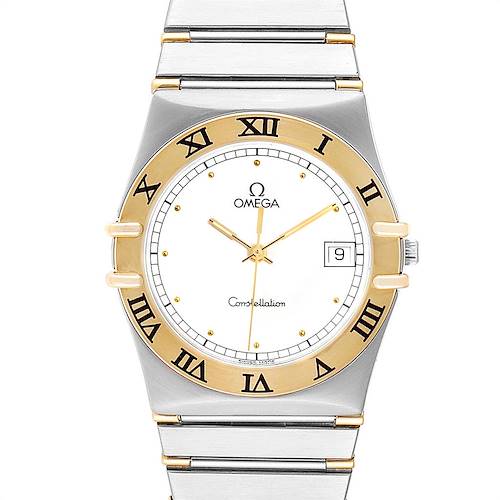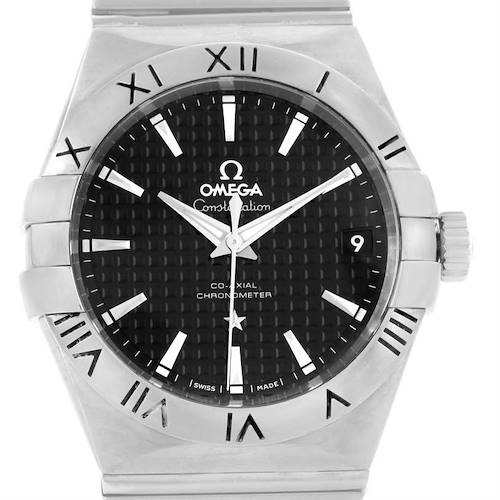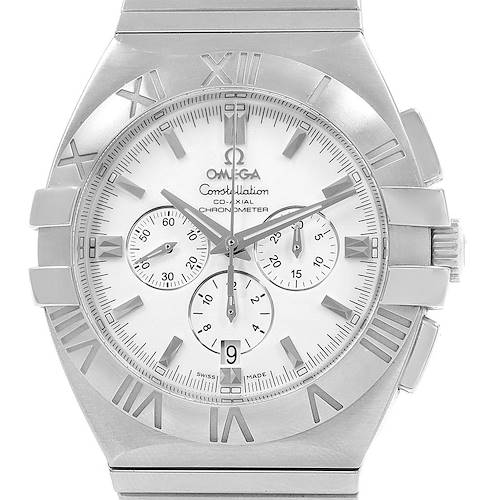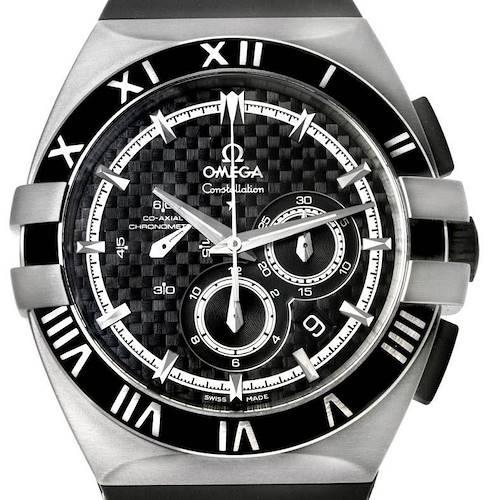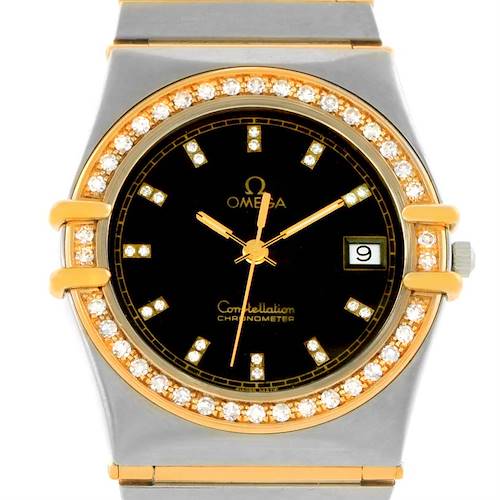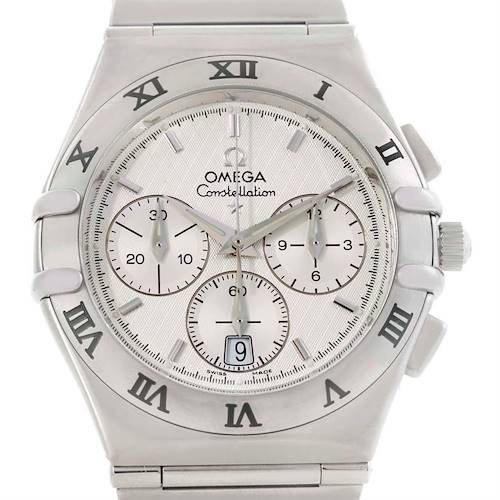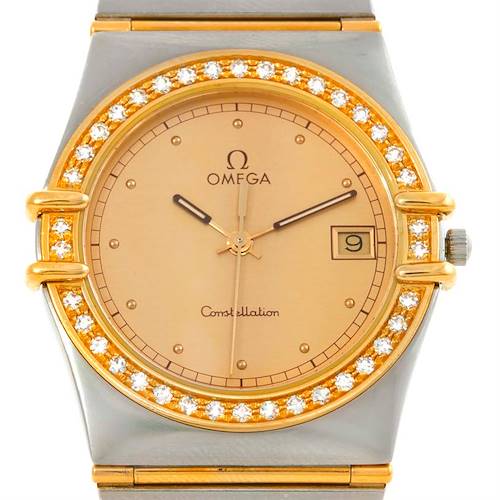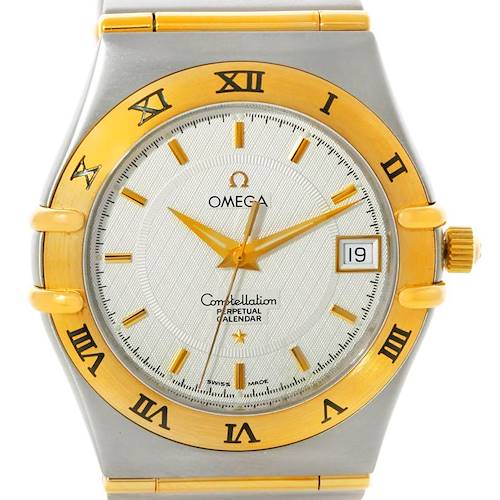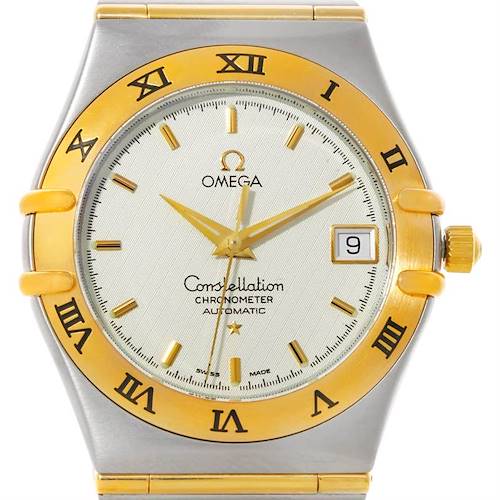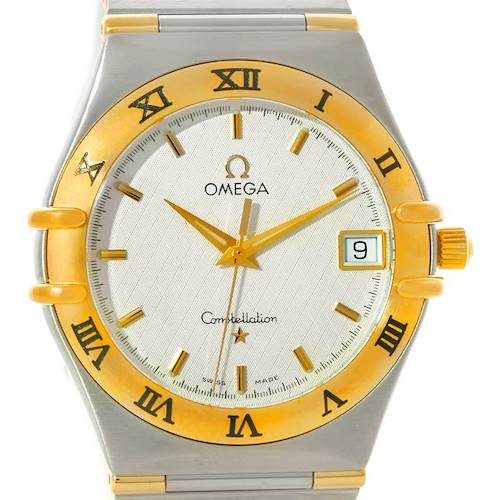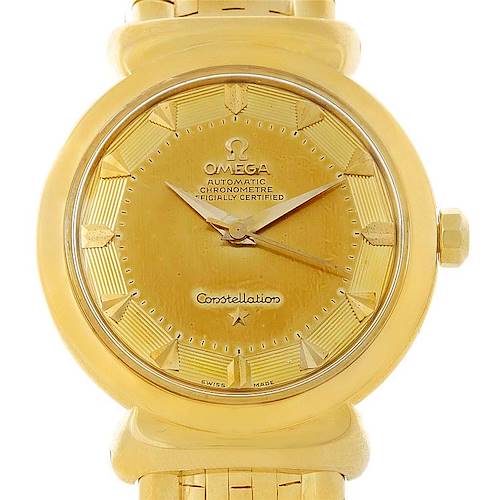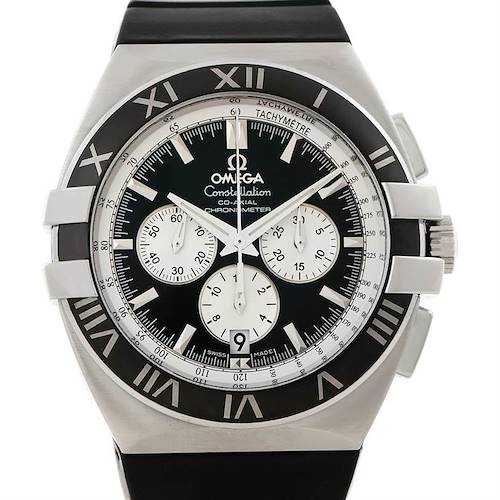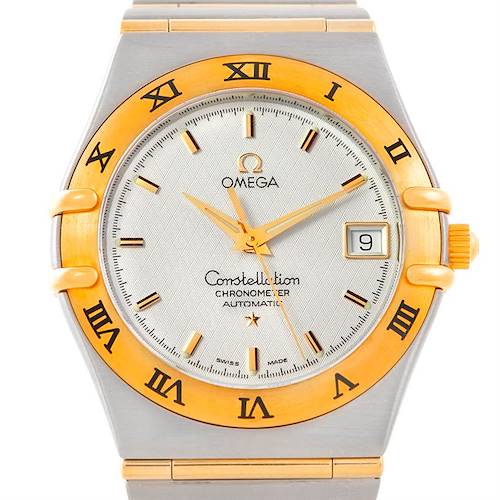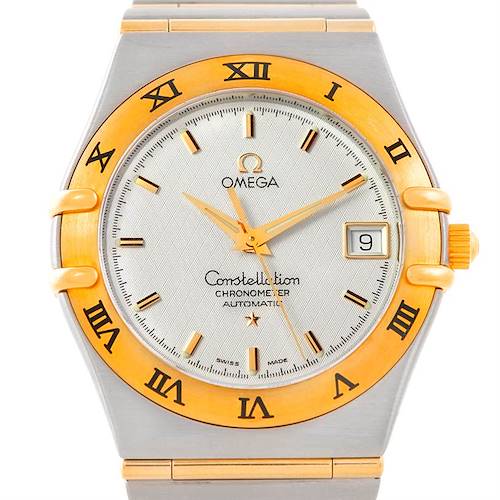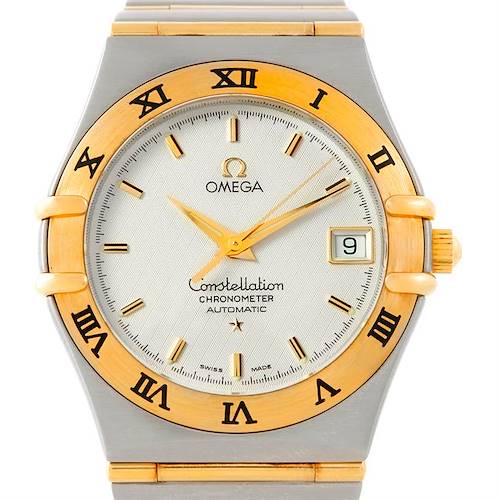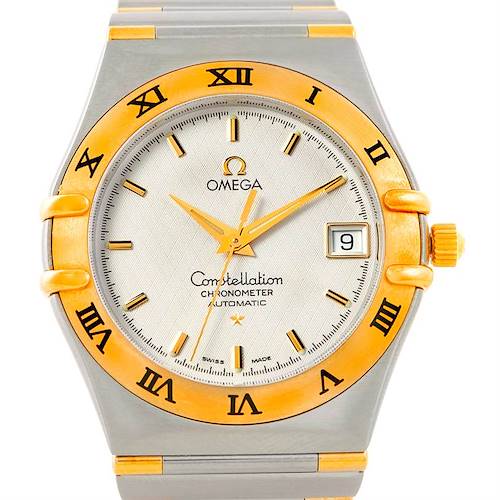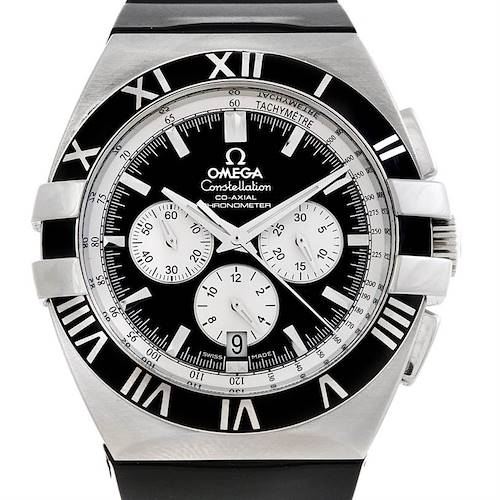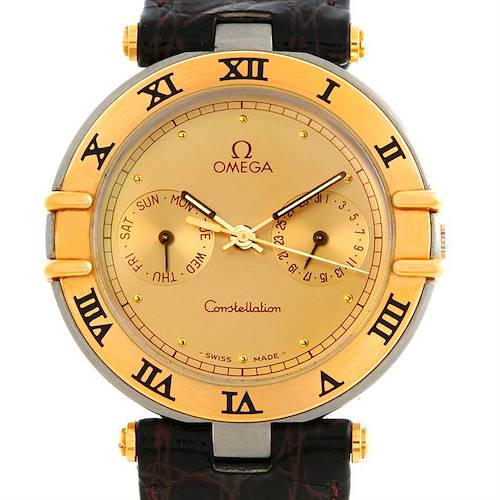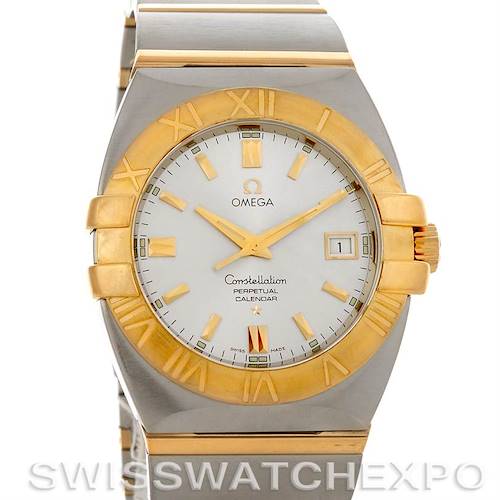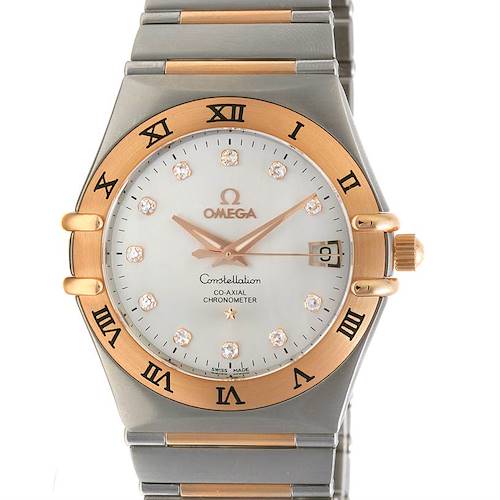- CALL US (404) 814-1814
- LIVE SUPPORT
- EMAIL US
-
WISHLIST (0)
-
CART(0)
Omega Constellation Watches
60 MATCHES FOUND
The present collection comprises two distinct families – the iconic Constellation, distinguished by the four claws on its case; and the Globemaster, a contemporary resurrection of the "pie pan" dial and fluted bezel from the 1950s. These design elements are coupled with exceptionally accurate movements, establishing the collection as a hallmark of precision and sophistication.
Whether gracing a gala or a boardroom, Omega Constellation watches present a harmonious blend of historical significance and contemporary elegance, rendering them truly exceptional in every aspect.
IN STOCK
SwissWatchExpo ARCHIVE - RECENTLY SOLD
Since its inception in 1952, the Omega Constellation collection has undergone various transformations while remaining dedicated to combining refined aesthetics with precise timekeeping. The collection takes its name from its symbolic emblem, a cupola encircled by eight stars representing Omega's remarkable chronometric accomplishments from the mid-20th century.
Originally conceived as a sophisticated everyday timepiece, the Constellation bridged the gap between Omega's sports watches and formal models. It was during the 1980s that the iconic features of the Omega Constellation we now recognize emerged – featuring half-moon cases, distinctive claws at 3 and 9 o'clock, and an integrated bracelet, creating a bold aesthetic that has endured for decades.
In 2015, the Globemaster joined the lineup, reviving the classic mid-century "pie-pan" dial and fluted bezel in a contemporary design. This addition brought a groundbreaking advancement – the world's first Master Chronometer certified movement, offering exceptional accuracy and resistance to magnetic fields of up to 15,000 gauss.
Today, the Omega Constellation collection encompasses a diverse array of timepieces for both men and women, offering a wide selection of materials, dial colors, embellishments, and straps.
With its timeless allure and unparalleled craftsmanship, the Omega Constellation remains a coveted choice for individuals who appreciate tradition, precision, and enduring sophistication.
How to Sell My Omega Constellation
Sell or trade-in your Omega Constellation for the best price with SwissWatchExpo. SwissWatchExpo makes it easy to sell or trade in your used or pre-owned Omega Constellation to keep your luxury watch collection fresh!
Frequently Asked Questions
What Is An Omega Constellation?
The Omega Constellation is a range of watches with classic, casual-to-dress designs, and award-winning precision. The current range is composed of two families of watches – the Constellation and the Globemaster. The Omega Constellation is characterized by its “half moon” case and claws on the 3 and 9 o'clock position. Meanwhile, the Omega Globemaster is a cushion-shaped watch that pays homage to mid-century watch design, particularly the “pie-pan” dial and fluted bezel.
Except for the ladies models with quartz movements, the current models are outfitted with the latest Co-Axial Master Chronometer calibers.
How Can I Tell If My Omega Constellation Is Real?
Omega is world-famous for creating highly-functional and complicated watches that don't sacrifice quality or style. As they are crafted to the highest of standards, any sign of poor quality means your watch is likely a counterfeit.
Some signs to look out for are spelling or engraving mistakes, sub-standard or unfinished parts, and features that do not correspond to the specific model that you are looking at. It is crucial to do research on your chosen model and reference before buying a watch, as it will help you more easily spot a fake. At SWE, we always tell clients to get their watch from a reputable and trusted dealer, like SwissWatchExpo, who is able to provide a guarantee of authenticity on the timepiece.
How Often Should My Omega Constellation Be Serviced?
Your watch's service frequency depends greatly how it is used and stored, and the environment in which it is worn.
Omega recommends that you have its water resistance checked once a year, and have a complete service performed every 5 to 8 years. There are some signs however, that your already needs maintenance. Check out our article on Signs It's Time for Watch Maintenance.


